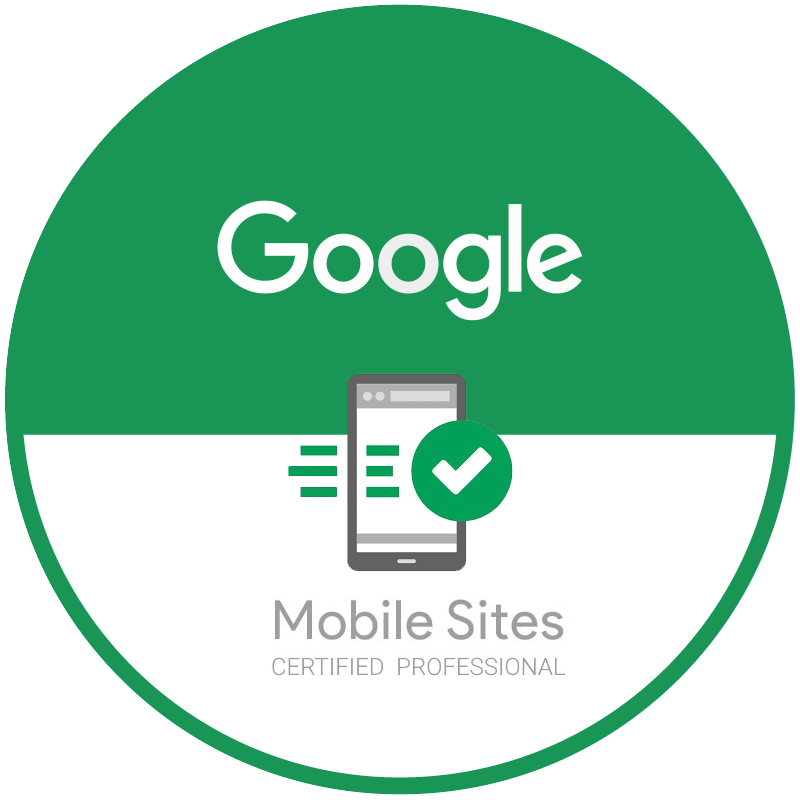Data without action is just numbers. For small and medium-sized businesses (SMBs), tracking data is essential, but what you do with that information is what truly counts. Turning analytics into actionable insights can transform your digital marketing strategy and deliver real results. Here’s how to effectively use analytics to optimize your marketing efforts.
1. Identify Key Metrics
Not all metrics are created equal. The first step in using analytics effectively is to focus on the key metrics that align with your business goals. Metrics such as conversion rates, click-through rates (CTR), and customer acquisition costs (CAC) give you direct insight into your marketing performance. Knowing which metrics to track helps you understand what’s working and where improvements are needed.
2. Track Customer Behavior
Tracking customer behavior is crucial for understanding how users interact with your website, emails, or ads. Tools like Google Analytics can help you see what pages users visit, how long they stay, and where they drop off. By analyzing these patterns, you can identify areas to improve the user experience and increase engagement.
3. Optimize Campaigns in Real Time
Real-time data is powerful for making quick adjustments to ongoing campaigns. Monitoring click-through rates, conversions, and bounce rates as they happen allows you to tweak messaging, adjust targeting, or modify offers instantly. This agility ensures your campaigns stay relevant and perform optimally.
4. A/B Test for Better Results
One of the best ways to optimize your marketing strategy is through A/B testing. This allows you to compare two versions of an ad, landing page, or email to see which one performs better. By testing and analyzing different elements—such as subject lines, images, or CTAs—you can make data-backed decisions that improve performance over time.
5. Use Data to Personalize Marketing
Personalization is key to modern marketing success. Use analytics to segment your audience based on behavior, demographics, or preferences. With this data, you can deliver personalized content that resonates with your audience, resulting in higher engagement and conversions.
Analytics alone won’t improve your marketing strategy, but using that data to guide decisions will. By focusing on key metrics, tracking customer behavior, and optimizing your efforts in real time, you’ll create a data-driven marketing approach that delivers results.


